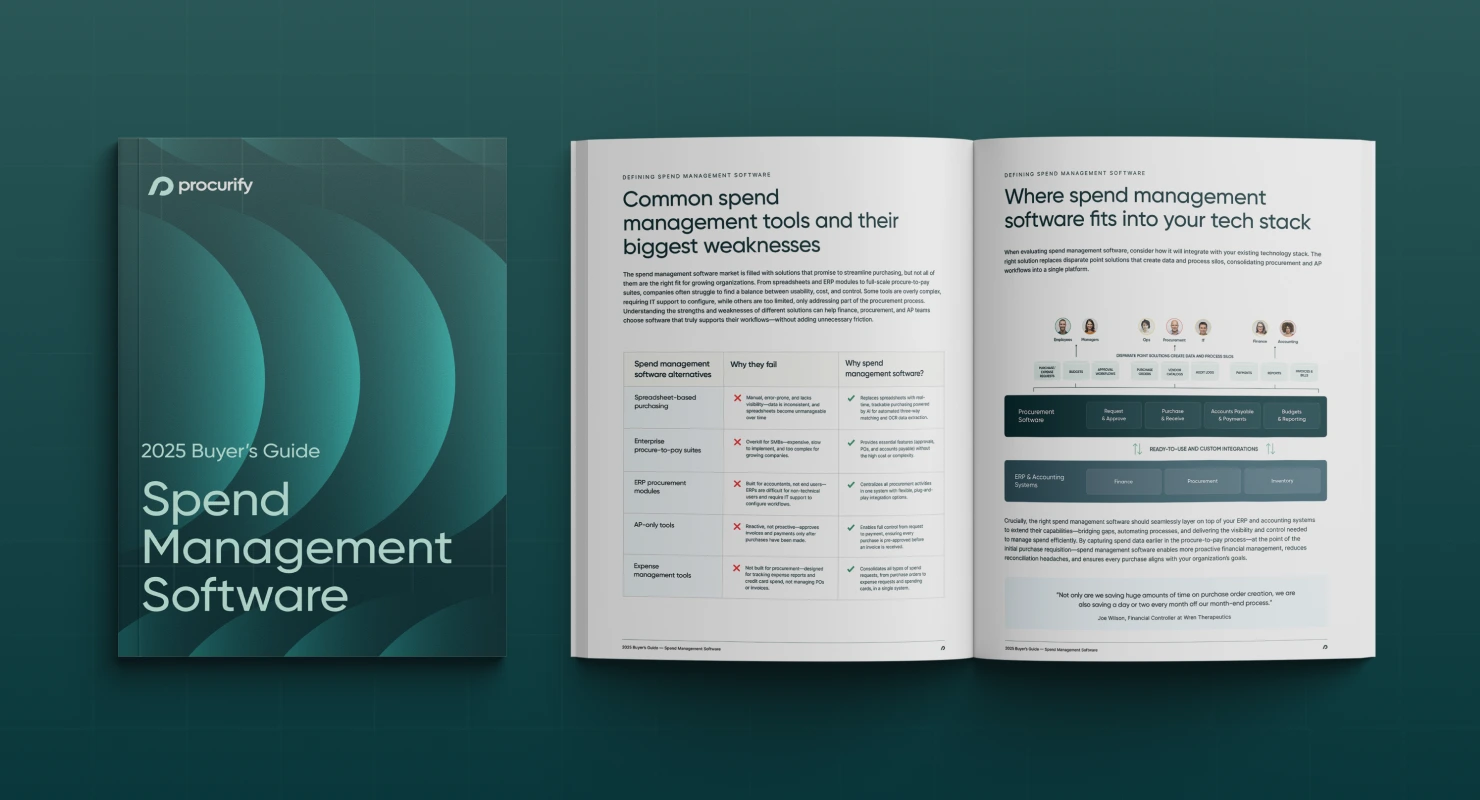Consequences of Bad Procurement
We’ve all heard the positive things that a streamlined procurement process can do for a company—lower costs, increased efficiency and increased profits, to name a few—but there are consequences of having bad procurement.
Sure the consequences might not be as bad as having dinosaurs loose at a theme park (maybe the dinosaurs in Jurassic Park would have been kept under control if there were dinosaur procurement policies in place to ensure protective fencing was high quality), but they can cost a company money and reputation. Aside from a dinosaurs-gone-amok situation, let’s look at consequences of bad procurement.
Short-term problems
The short-term issues of bad procurement can lead to long-term problems if they’re not addressed. These types of issues include confusion, redundant spending and misinterpretation of contracts and needs. These all result in your company not obtaining the products it needs at the proper quality so it can deliver its goods and services.
Let’s say you own a dinosaur theme park (because who wouldn’t want to?) and you need to order lighting for the guest areas. Consider the number of ways a person could describe a light bulb: regular light bulb; sixty-watt light bulb; energy-saving light bulb; white light bulb; sixty-watt, frosted, white light bulb, etc.
The point is, when you tell someone they need to order a light bulb, there are a variety of types that they could come back with, none of which might fit your needs. The more people you have making decisions, the more varied the ways that they will describe a product for purchasing. And every light bulb you buy that you can’t use is wasted money and time.
Poor procurement can mean you don’t properly analyze a supplier, resulting in lower quality purchases—or purchases that don’t meet your needs.
Long-term problems
Repeated problems with procurement lead to long-term issues that seriously affect your company. These include loss of money and profitability, a bad reputation and negative publicity.
The obvious result of poor procurement practices is loss of money. Having poor procurement strategies means you make redundant purchases. It also means you pay too much for transportation, lack control, and develop problems with contract scope. In other words, you could wind up with safety fencing that doesn’t adequately hold the dinosaurs, tracking devices that don’t track the dinosaurs and emergency shelters that don’t protect park guests. That all leads to the kind of financial losses that can sink a company.
Maybe you won’t face the sort of problems that the people running dinosaur parks face. But, having solid procurement practices in place helps your company financially. It also solidifies your reputation and enables you to act if things go wrong. So, if you do have a theme park, at least you know procurement wasn’t the problem.

2025 Spend Management Software Buyer’s Guide
Choose the spend management solution best suited to your organization’s needs with an overview of the 2025 software ecosystem, feature comparisons, and a free vendor capability evaluation checklist.
